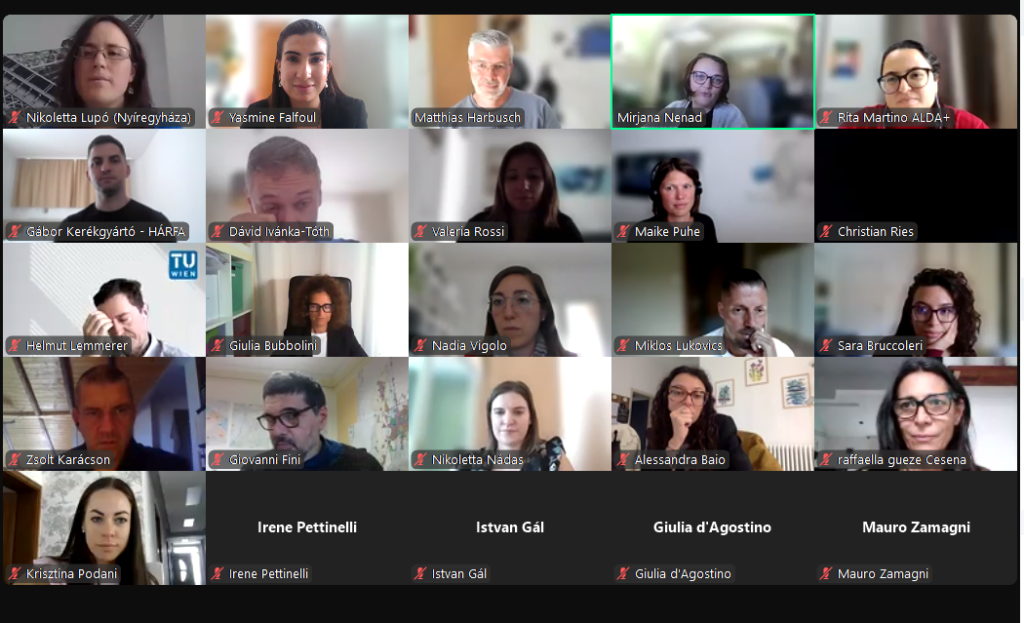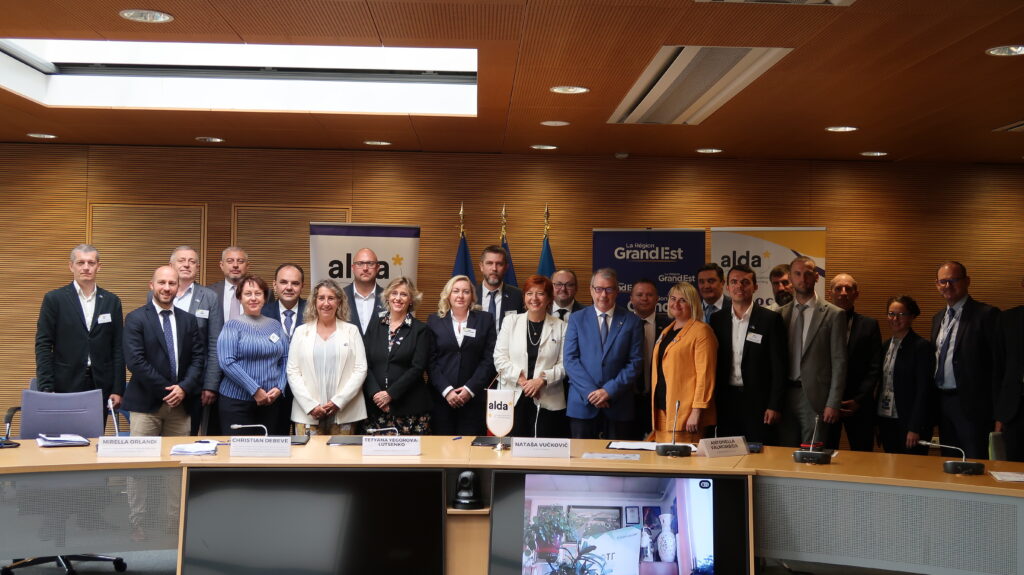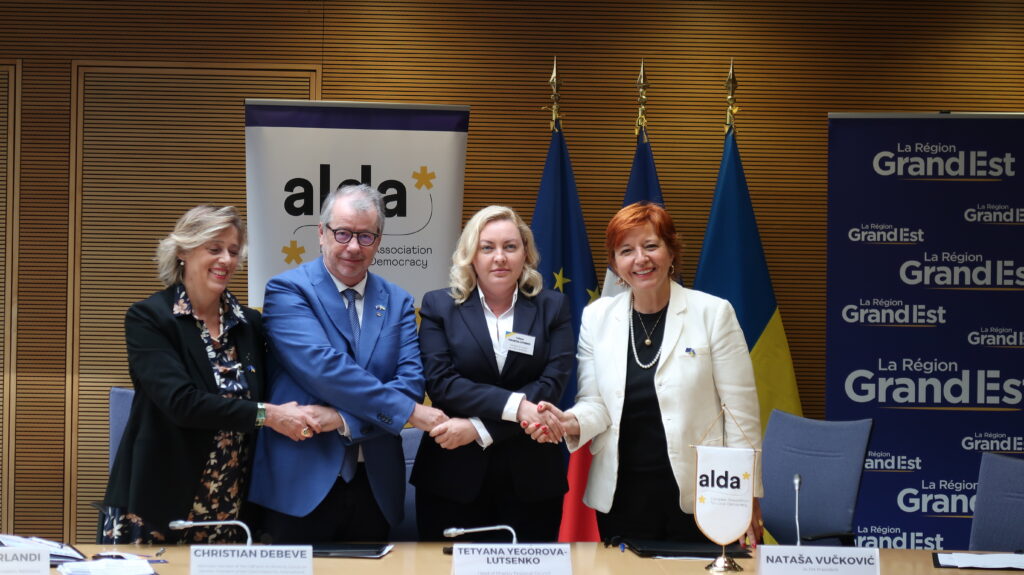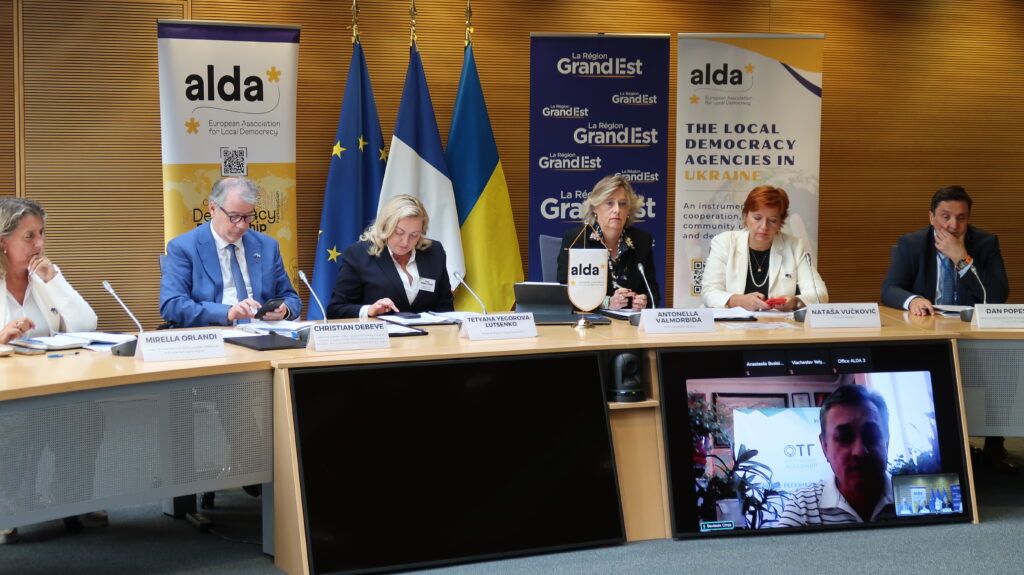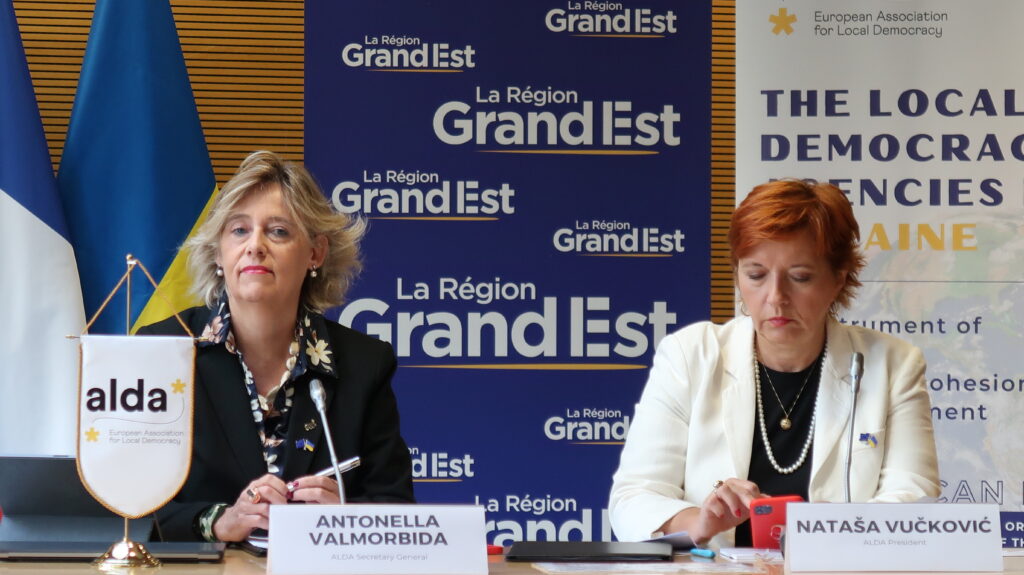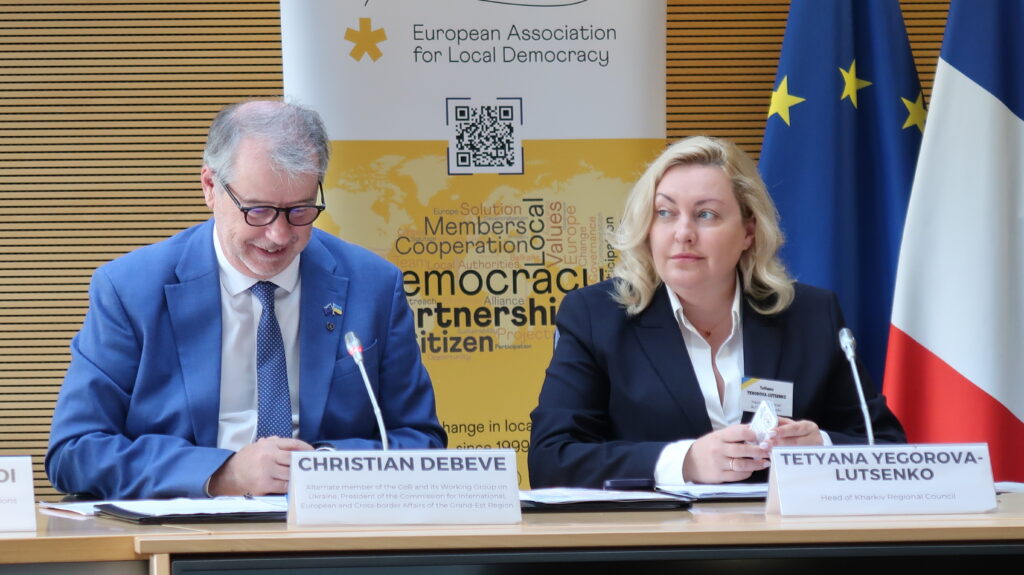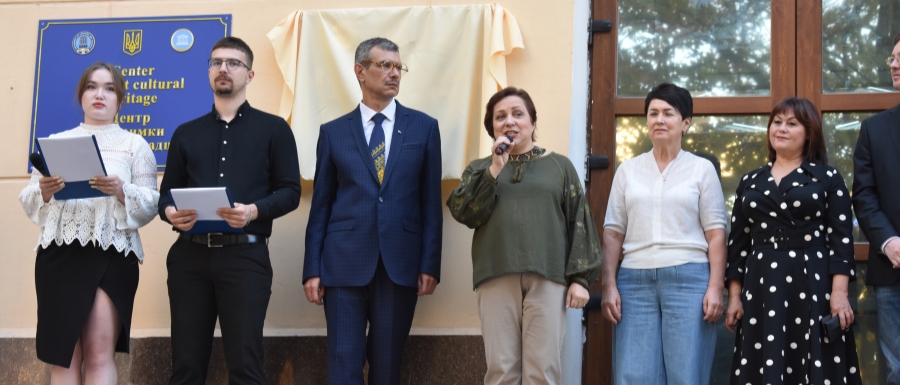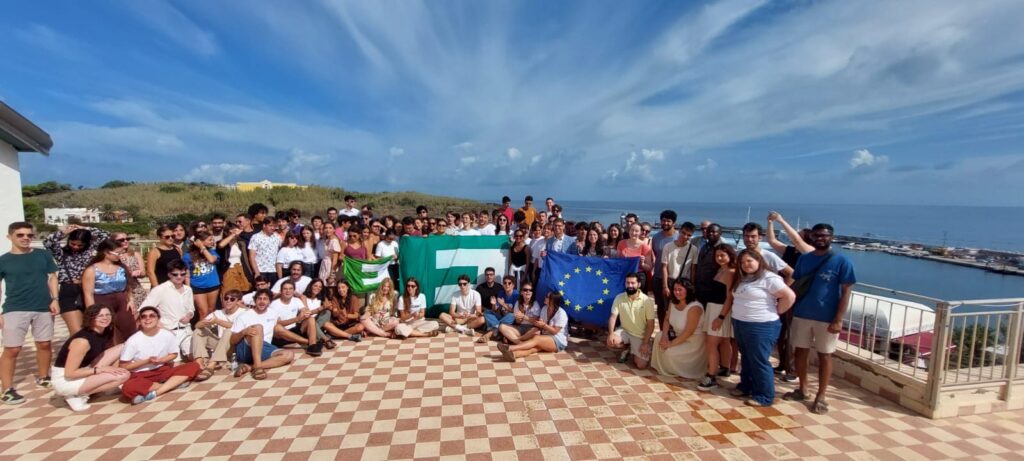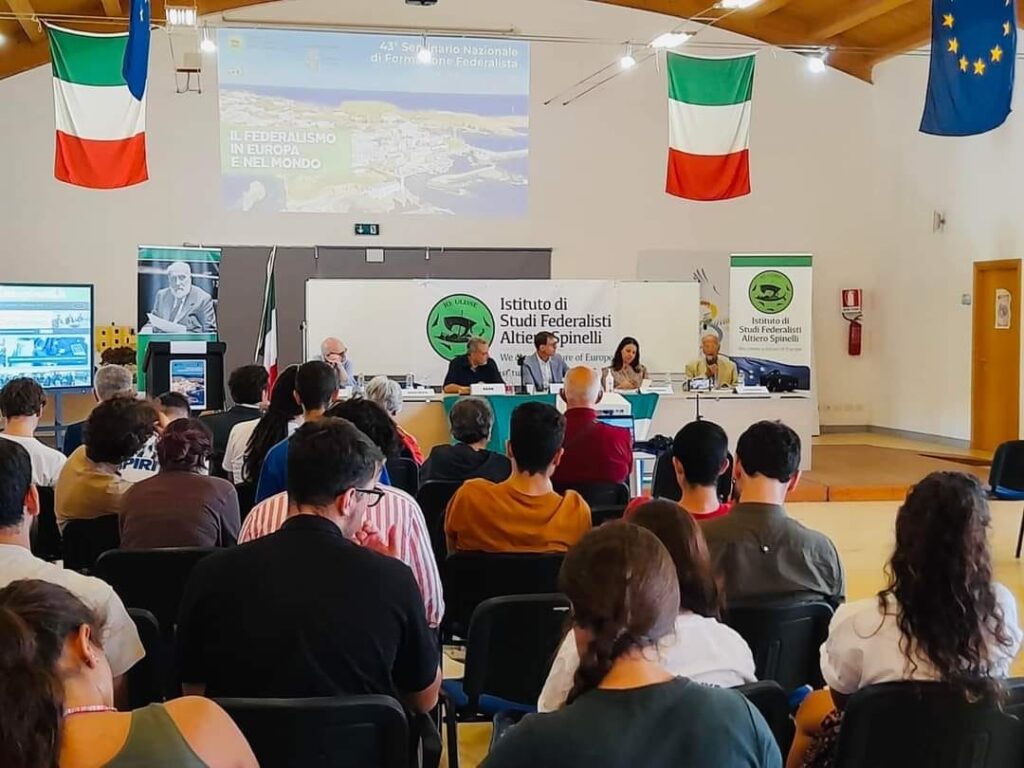On October 9, 2024, our three innovative Interreg projects, namely GINEVRA and 3P4SSE, which participated in the Governance Roundtable, and GreenScape CE, which took part in the Climate Change Roundtable—came together at the Synergies Roundtable organised by Interreg Central Europe. This event was a unique opportunity for cross-project collaboration, focusing on transformative governance, climate-proofing urban areas, and promoting social and solidarity economies (SSE) across Central Europe. Each project brought its unique expertise and innovative solutions to the table, fostering productive discussions on shared challenges and synergies.
GINEVRA: Driving Responsible Innovation in Governance
The GINEVRA project aims at developing new governance models for transformative innovations like autonomous vehicles (AVs), was well-represented at the Governance Roundtable. The project emphasizes its focus on empowering small and medium-sized cities with the tools to engage citizens and stakeholders in AV deployment.
The roundtable enabled GINEVRA to explore synergies with other projects, sharing its insights on responsible innovation, multi-level governance, and the importance of stakeholder engagement. The project’s core message revolved around the need to co-create governance models with citizens, ensuring AV technology serves sustainable, citizen-friendly futures.
GreenScape CE: Climate-Proofing Urban Areas
The GreenScape CE project contributed to the Climate Change Roundtable by showcasing its efforts in reversing urban sprawl and integrating green infrastructure (GI) into grey cityscapes. GreenScape CE’s mission is to address urban heat islands and mitigate climate change effects through nature-based solutions (NbS) and urban greening.
At the roundtable, GreenScape CE highlighted its success in developing Local Action Plans (LAPs) that provide a clear framework for implementing NbS across five pilot cities in Central Europe. By sharing their experience, the project inspired discussions on how to scale up these actions and identified potential collaborations with governance-focused projects to integrate green policies into urban planning more effectively.
3P4SSE: Empowering Social and Solidarity Economies
The 3P4SSE project brought a socio-economic dimension to the Governance Roundtable, focusing on strengthening the Public-Private Partnership for the Social and Solidarity Economy (SSE). The project works with local stakeholders to co-design action plans aimed at reducing inequalities and promoting local economic development through SSE.
During the discussions, 3P4SSE presented its joint strategy on 3Ps to support Social and Solidarity Economy in Central Europe. The project highlighted the value of SSE as a policy instrument for addressing regional disparities and emphasized the potential for synergies with governance projects to enhance participatory decision-making processes.
Synergies and Future Collaboration
The Synergies Roundtable provided an ideal platform for cross-sectoral collaboration between governance, climate change, and SSE-focused projects. By sharing experiences and insights, GINEVRA, GreenScape CE, and 3P4SSE successfully identified common ground for future cooperation.
The roundtable concluded with a commitment from all participants to build on the synergies drawn, with a shared goal of fostering innovative governance models, promoting climate resilience in urban planning, and supporting sustainable socio-economic development across the region.
This online event underscores the power of collective action in addressing complex challenges, offering a roadmap for sustained cooperation and impactful outcomes. Most importantly, demonstrates how the Interreg Central Europe program fosters synergies between diverse projects, accelerating regional development through shared innovation and collaboration.




